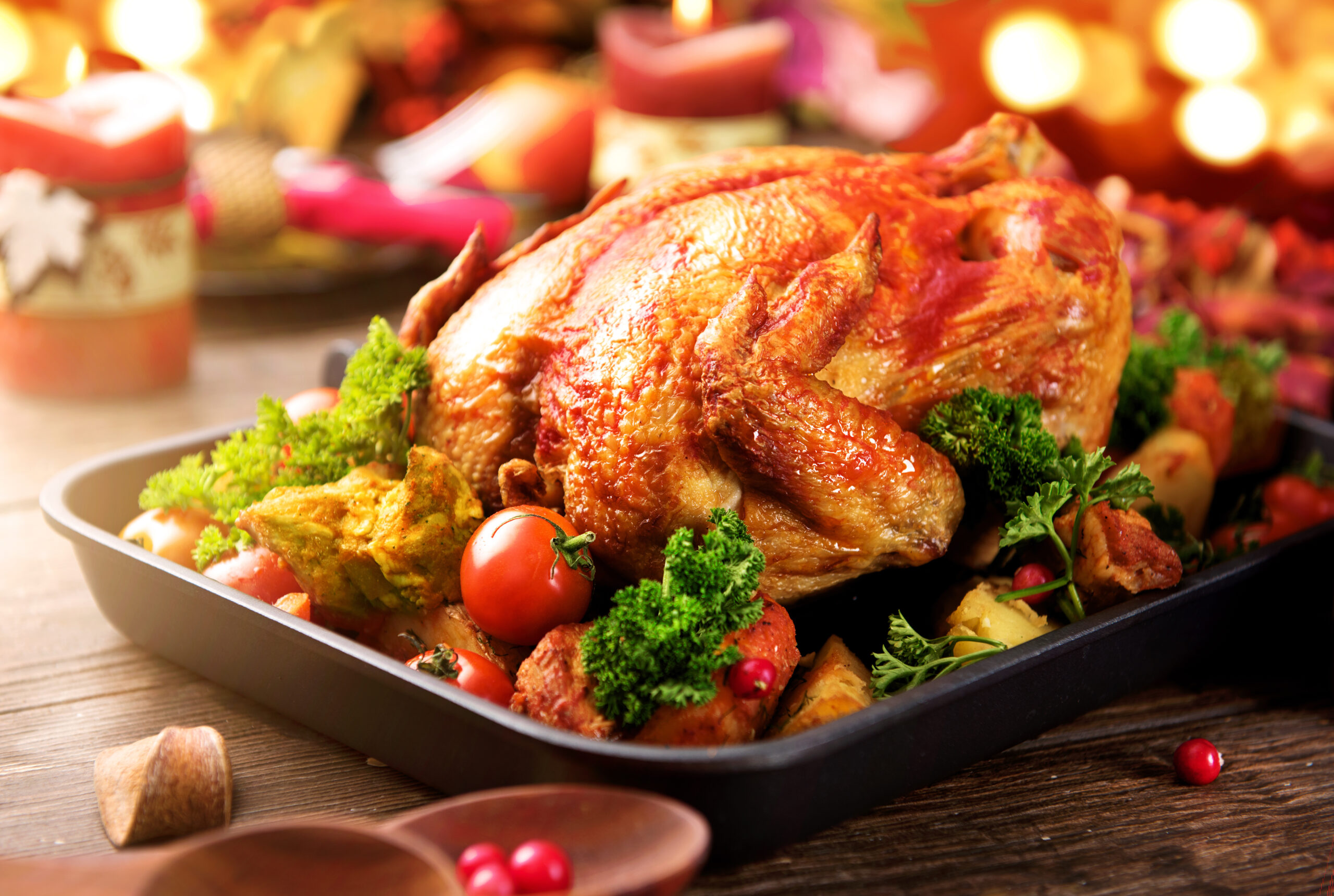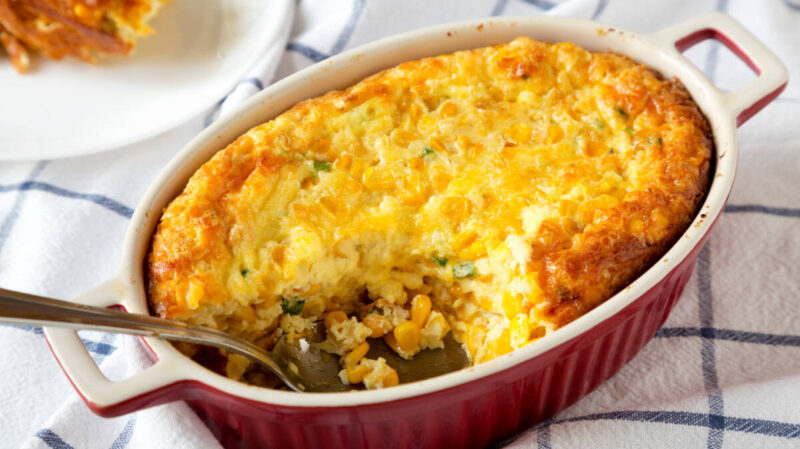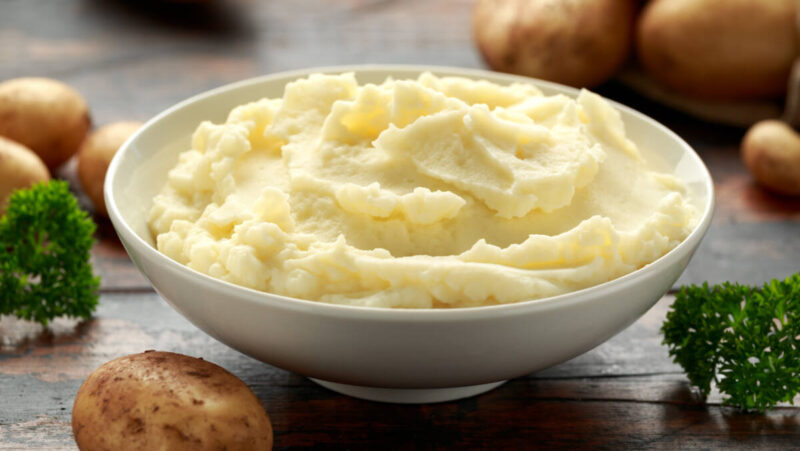If You Don’t Brine Your Thanksgiving Turkey, Then You Need To Start Now

Let’s face it, it’s no fun biting into piece of dried-out turkey. Unfortunately, it’s all too common around dinner table. It’s hard to get it just right because when you cook meat, it typically loses about 30% of its weight due to moisture loss.
This is where the brining process comes in. If you aren’t familiar with brining, it’s really simple. Brining is just soaking your turkey (or other white meat) in a salt water solution for a few hours before you cook it. When you brine the meat beforehand, you can reduce the moisture loss by up to 50%. Less moisture loss equals more juicy, tasty meat (and don’t worry, there isn’t an extra salty taste).
So why does this work?
It’s all about the science. Fine cooking explains the three key things that occur during the brining process:
- The muscle fibers absorb the salty liquid. Since the meat is more juicy to start before cooking, there will be more moisture at the end of cooking.
- The brine solution will dissolve some of the muscle proteins making it more juicy
- Most importantly, the salt causes the muscle fibers to unwind and break apart. “Water from the brine binds directly to these proteins, but even more important, water gets trapped between these proteins when the meat cooks and the proteins bind together.”
Ok, You Sold Me. How Do I Do This?
Its super simple. Just combine salt and water together and set your turkey, pork, or chicken in the solution for a few hours beforehand.
To determine the amount of salt to use, check out the Cook’s Illustrated Brining guide. As an example, if you are cooking an 18-24 lb. turkey, you should mix together 3 gallons of water and 1.5 cups of salt and then soak it for 6-12 hours.
Alton Brown provides a great visual explanation along with his own twist on the recipe.
So even if you’re not convinced, give it a try and I promise you’ll become a true believer.





